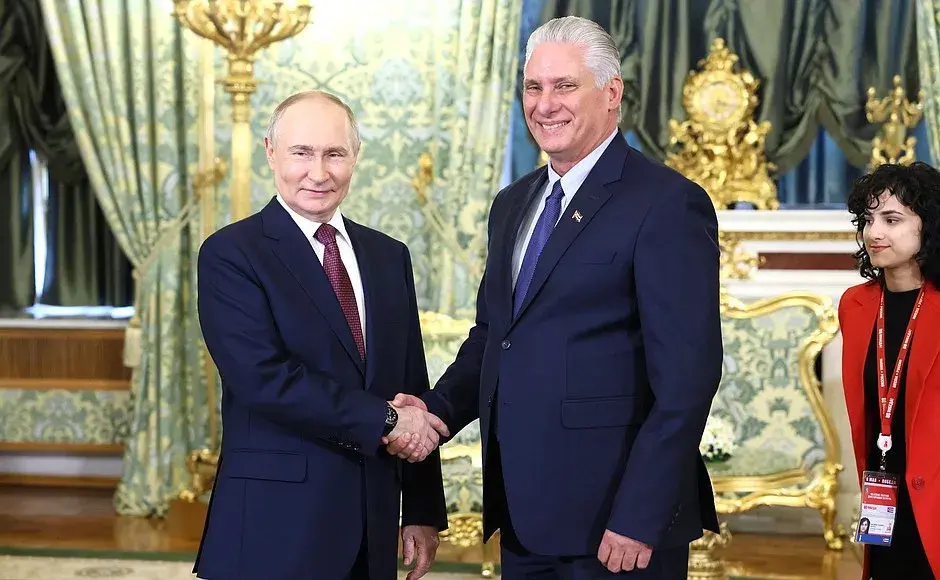The commission is finalizing a proposal for a “reparation loan” to Kyiv, using proceeds from €200 billion in immobilized funds, as G7 allies meet with Ukraine amid new Russian airstrikes.

BRUSSELS — The European Union is prioritizing a plan to finance Ukraine using frozen Russian assets, as the European Commission works to overcome technical and legal hurdles before a formal proposal is presented to member states in December.
The mechanism, described as a “reparation loan,” aims to provide critical funding to Kyiv without burdening its long-term finances as the war continues.
At a recent Eurogroup meeting, Economy Commissioner Valdis Dombrovskis warned that extending regular loans to Ukraine would “aggravate the Ukrainian financial situation” due to high interest payments and long-term fiscal impacts. Instead, Mr. Dombrovskis proposed the “reparation loan” model.
Under this structure, Kyiv would receive funds financed by the frozen assets. Ukraine would only be obligated to repay the principal if Russia eventually pays reparations for the war.
The assets in question total approximately 200 billion euros within the European Union, with the vast majority, 180 billion euros, held in Belgium. The European Commission is currently in deep dialogue with Belgian authorities to ensure the necessary legal coverage for the plan, addressing concerns about financial stability and securing sufficient legal guarantees demanded by some member states.
The proposal is gaining traction among key European capitals. Roland Lescure, France’s minister, characterized the plan as “feasible and desirable on all planes,” according to Reuters. His Finnish counterpart, Riikka Purra, supported the alternative, calling it “the most efficient and least demanding” option for national budgets. Lars Klingbeil, a German minister, also expressed optimism regarding the effort to “achieve consensus and overcome legal obstacles.”
The plan has drawn sharp condemnation from Moscow. Russia’s Foreign Intelligence Service (SVR) has explicitly warned Belgium of potential legal responsibilities and reprisals if the funds are used, according to reports by Europa Press. The Russian government has labeled the initiative as “confiscation” and questioned Brussels’ legal and financial standing to execute such a move.
The financial maneuvering comes amid a deteriorating situation on the ground. Senior representatives from the Group of 7 (G7) met with Ukraine’s Foreign Minister, Andriy Sybiha, as a new wave of Russian airstrikes hit Ukrainian territory. The attacks have caused recent power cuts across different regions, heightening the crisis as winter approaches.
During the G7 meeting, Mr. Sybiha warned of the “gravity of the situation” and appealed to international allies for increased support to face what he anticipates will be a “particularly complicated” winter. He emphasized the fundamental need to increase pressure on Russia and its president to try and end the war.
The European Commission continues to refine the legal and technical details with member states. While an official document has not yet been published, the formal proposal is expected to be evaluated at the upcoming European Council meeting in December, reinforcing that financial support for Ukraine remains a top priority on the community’s agenda.
Keep Independent Journalism Alive
In a world flooded with noise, independent journalism is more vital than ever. We work hard to bring you clear, accurate, and unbiased international news — free from corporate or political influence.If you believe in the power of honest reporting, please consider making a donation. Every contribution, big or small, helps us stay independent and keep the world informed.
Support us via PayPalYour support makes a difference.


